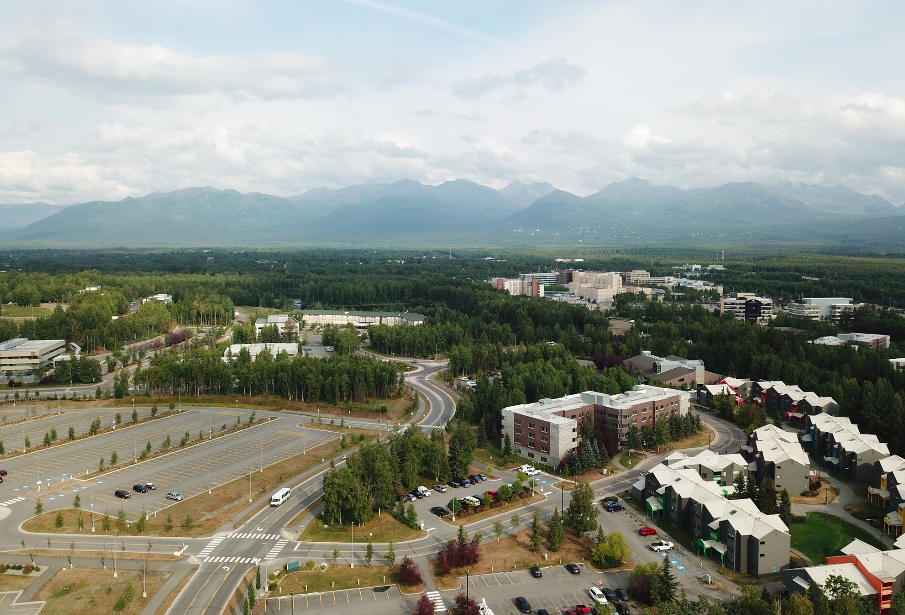By MARK MYERS
Alaska’s economy is facing a serious threat due to the governor’s cuts to the University of Alaska. While these effects are very broad-based, I focus on the proposal of the Office of Management and Budget to delete 100 percent of the general state funding for UA research. These cuts will have very negative impacts to Alaska’s economy.
Enacting this proposed cut will put at risk more than $100 million a year in non-state funding which makes possible the ongoing research and graduate student support at UA. Research grants and contracts are highly competitive and almost always require matching funds.
The OMB cut would eliminate the source of these matching funds making UA non-competitive. This would effectively eliminate UA’s ability to attract and support graduate students and professors, maintain the research institutes, and purchase necessary equipment and instrumentation. UA will no longer be able to undertake the research necessary to make Alaska’s current and future economy successful.
Without research, Alaska will have to go “outside” to attempt to recruit the trained scientists and engineers needed in industry and government. Alaska will rapidly lose its role as the world leader in developing new technologies, methods, and information for development of non-renewable and renewable resources in the Arctic. The University’s important partnerships with key federal agencies including the Department of Defense, Department of Interior, Department of Commerce and the National Science Foundation to address natural hazards will be greatly diminished or ended. Alaskans will be more vulnerable to future earthquakes, volcanic eruptions, tsunamis, fire, and flood.
OMB argues that the cuts can be absorbed because UA should be able to follow the example of the wealthy and elite private outside Universities including Harvard, Yale and Stanford who don’t require general fund money from their respective states. What OMB fails to acknowledge is these universities have endowments ranging from $26 billion to $39 billion which have built up over generations. I’m quite confident that UA wouldn’t need state general funds for research if it was gifted an endowment that is equivalent to more than half the permanent fund. OMB’s unfounded assumptions that UA can find alternative funding to offset these proposed cuts in the next year are pure fantasy. I maintain hope that the ultimate decision makers will understand the reality and true impacts of these cuts to Alaska.
I have been involved with research and development in Alaska from many different perspectives (oil and gas exploration, state government, University of Alaska, federal government, technology start-up and private consultant). In all these roles I, like thousands of others, relied upon the products of UA research.
As an energy and natural resources consultant who has worked with governments across the world, I have seen this pattern of slash and burn budgeting result in long term economic downturn and associated mass exodus of the skilled worked force. I hope that it is not too late for Alaska to avoid this fate.
Mark Myers received his PhD in Geology from UAF and was an exploration and development geologist, Director of Division of Oil and Gas, State Geologist, Commissioner of the Department of Natural Resources, Vice Chancellor of Research for UAF and the Director of the United States Geological Survey. He is currently an energy and natural resources consultant.
